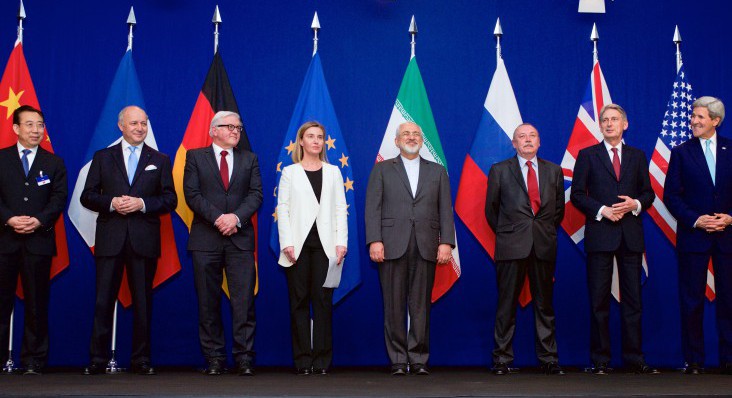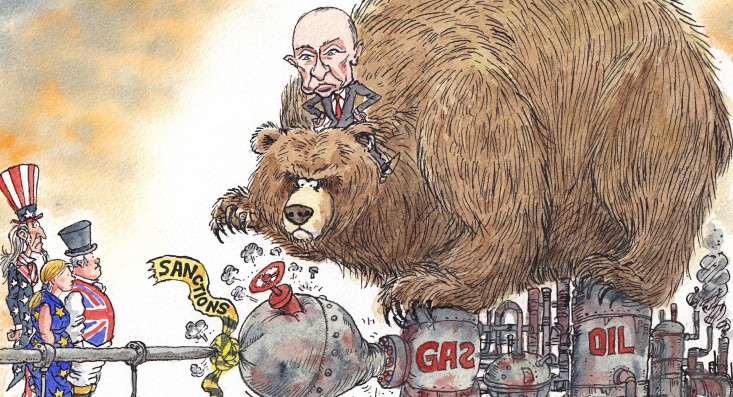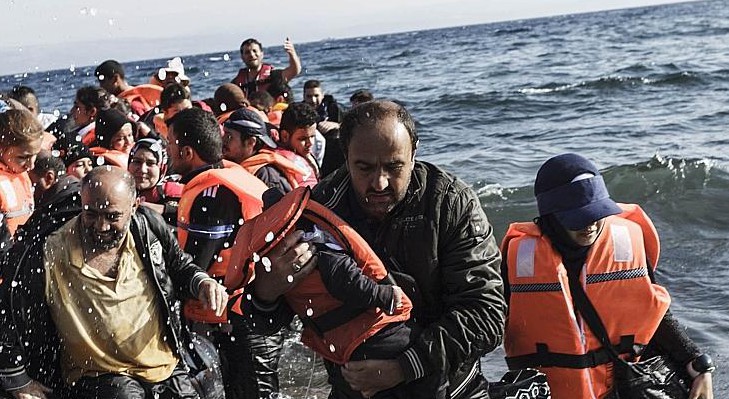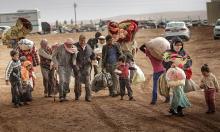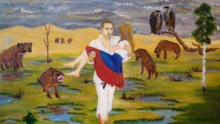Russian Expectations for Post-Sanctions Iran
Between signing of the JCPOA in July 2015 and lifting of the sanctions in January 2016, Moscow had a special window of opportunity to gain economic benefits from its politico-military friendship with Tehran that may bear fruit in the future. But in return, Russia must now prepare itself for competition: Russia will compete with Iran in the international energy markets while also competing with European, Chinese, and American investors for a slice of the newly opened Iranian market. This will be an especially challenging task in light of the domestic economic challenges that Russia currently faces, but the payoff may be worth it.
10 Warning Messages about the Environment
Potential environmental crisis in the unknown future is no longer as distant and it’s encroaching at us at much faster pace than expected. There’s little time to take universal action against human damages to the ecosystem, before it’s too late. So, bring up the environmental issues, discuss them and demand the reforms that would minimize human impact on our environment.
Where Does the Caspian Sea Figure in Russia’s Strategic Calculus?
Whatever the reason, or combination of reasons, it is clear that Russia is trying to position itself not only as a political alternative to the United States and European Union, but also as a military rival and counterweight. The main unanswered question at this point is whether Putin’s Russia has a purse large enough to successfully implement that goal.
Syrian refugees and Muslim holidays
What if half a million pilgrims instead of going to Hajj, donated their $5000 to build shelters for Syrian refugees? If you think about it, such generosity might have even saved the lives of 717 pilgrims who died in the stampede on 24 September 2015.
NATO Needs an Emergency Council for Timely Crisis Management
the RAP will enable the Alliance, at the operational level, to rapidly deploy troops in crisis situations, but it lacks the political level decision-making mechanism needed to rapidly initiate the process.
What if Russia supported the new government in Ukraine?
10 images 10 responses… Ukrainians and Russians are truly brother nations and if Russia does not pull Ukraine back into authoritarianism, then Ukraine will push Russia onto democratic transition path
Radicalism in the modern world
Republished on an International Affairs Magazine – Global Politics The main source of hostility in the modern world is the widening gap between the most and least developed segments of human civilization. While some societies are exploring potential life on other planets, life has not changed much for others over the past millennium. Unlike in […]
Read More »
Is the cold war over?: from Berlin to Donbass
The Berlin Wall fell twenty-five years ago, but today there is another confrontation line between the West and Russia that cuts Ukraine in two. The reconciliation circuit that started with the fall of the Berlin Wall will not be complete until all the countries in Eastern Europe are free to determine their own fates.
GUAM countries at NATO Wales Summit
GUAM, is the only international organization in the post-Soviet space that has indicated Euro-Atlantic integration as one of its core principles. Today, the GUAM member states Georgia, Ukraine, Azerbaijan and Moldova constitute the four countries within the Eastern Partnership that have resisted Moscow’s pressures to join the Eurasian Custom’s Union.
Understanding Putin: how far will he go?
The Russian government has cultivated a myth that President Vladimir Putin is a superhero, who needs to rescue Russia from an existential threat. The Kremlin’s neo-imperial political agenda thrives on the sense of an indignant national pride in Russia, which has developed in the aftermath of a series of challenging historic events that left the country with a more modest role in the international affairs than before. According to Putin’s current popularity ratings and public opinion polls, following Russian military intervention in Ukraine, so far, the Kremlin has been successful in marketing its apocalyptic saga. The main question is, how much longer will Russians buy into the myth of an existential threat?

